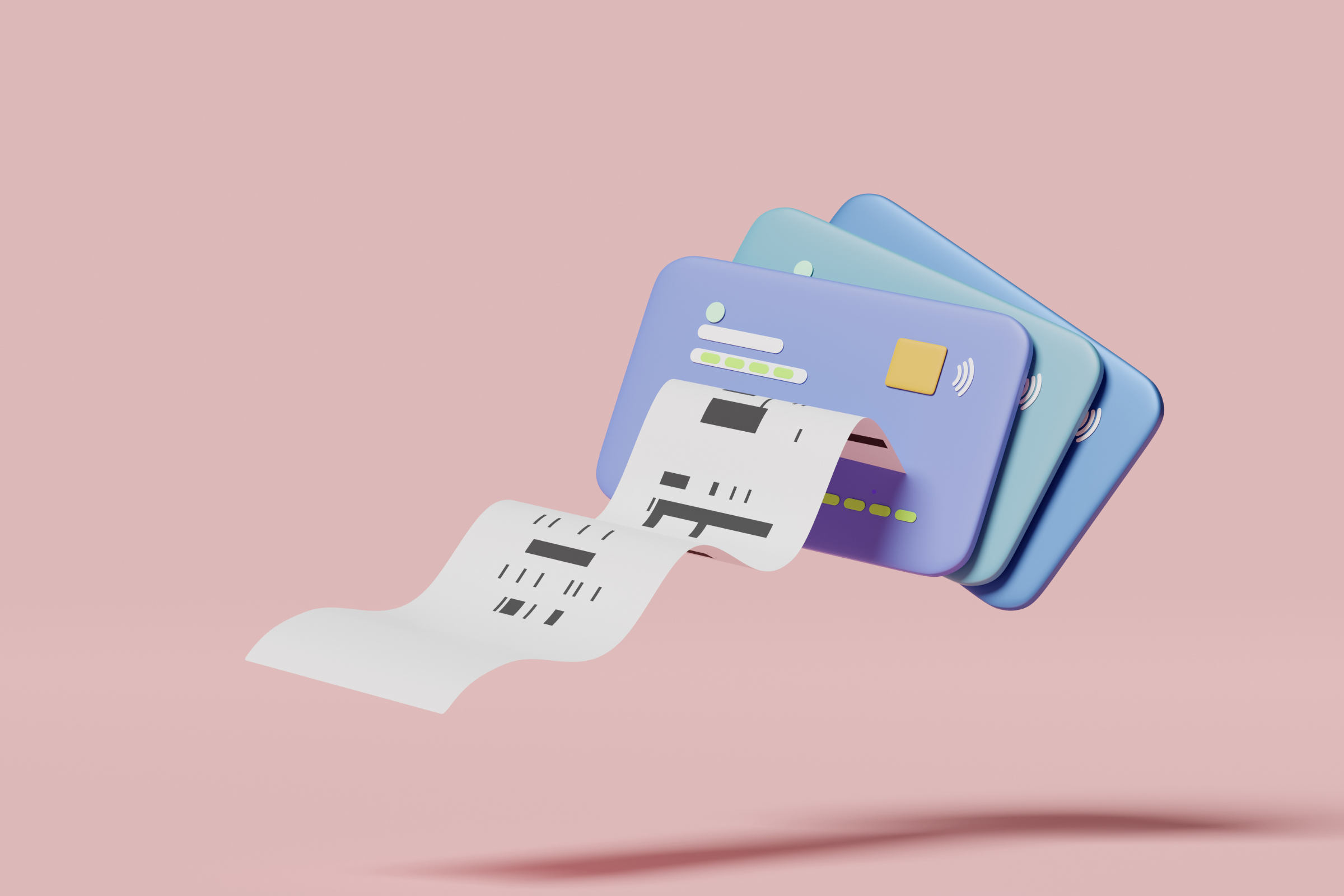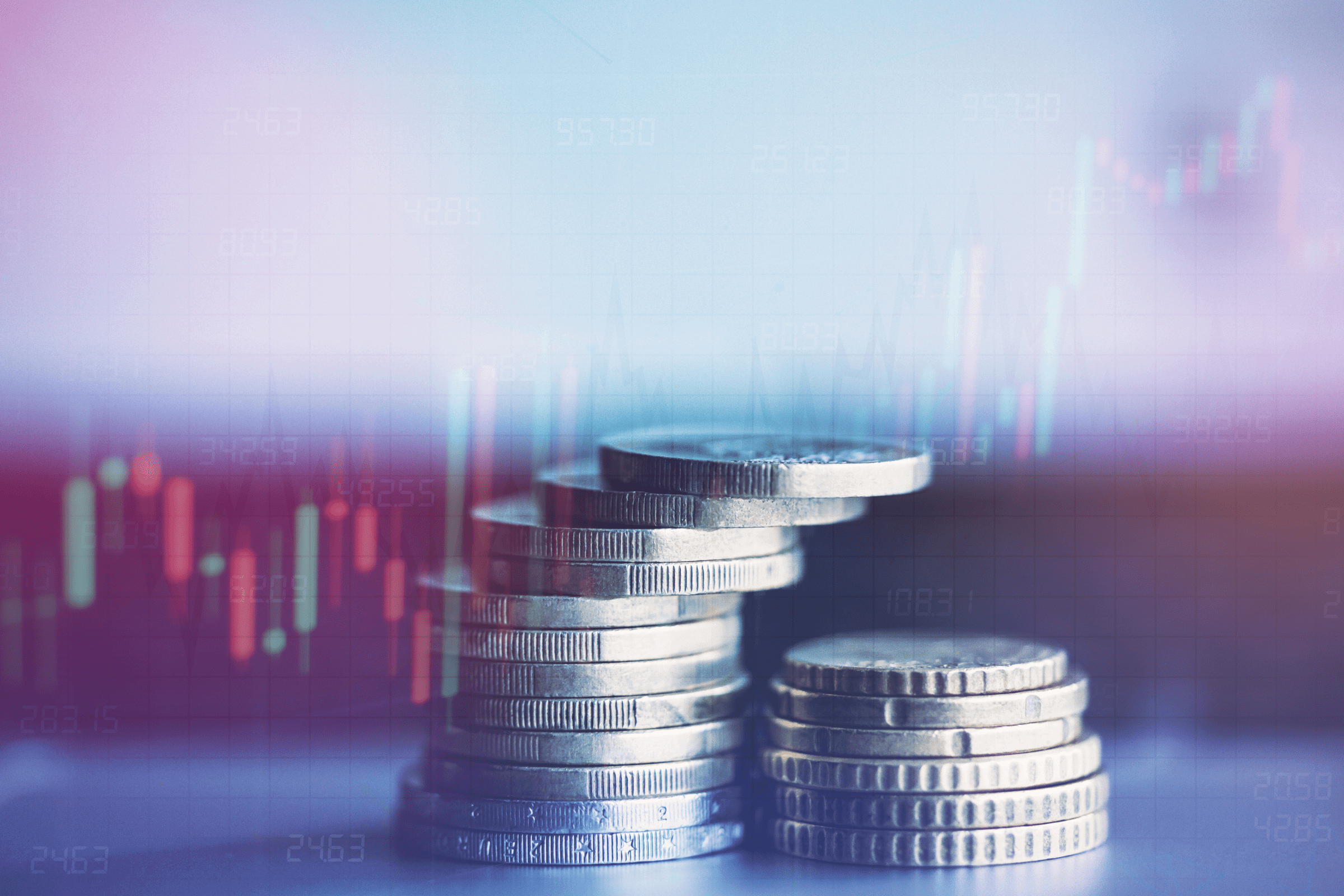Our Services
Recovery lost funds from NFT investments
Getting To Know
What are NFTs?
Non-Fungible Tokens (NFTs) are a new form of digital assets which are like cryptocurrencies, but differ in that they aren’t interchangable. Another difference between NFTs and cryptocurrencies is that NFTs are all unique. Non-Fungible Tokens are easily verifiable assets which represent things such as images, artwork, music albums, videos and GIFs and, theoretically speaking, almost anything that exists online can be purchased as an NFT.
NFTs refer to unique codes called “smart contracts” and are often stored on the Ethereum blockchain, which is publicly accessible. Due to the nature of a blockchain, there are a lot of NFT scams out there with the aim to steal your NFTs, so it is extremely important to do your due diligence before making NFT investments to reduce the risk of NFT fraud, especially if you are a new investor.
The purpose of NFTs is that they can be tracked throughout the public blockchain which provides purchasers with a built-in chain of authentication. Due to the nature of transactions on the blockchain, if the NFT is stolen or compromised, you as the rightful owner may not be able to recover NFTs and this is why it is crucial that you take caution with NFT assets.
Prevention
What are the signs of an NFT scam?
As a general rule, when you are creating a wallet or recovering a wallet to start trading NFTs, then you will only need your seed phrase. You should never enter your personal information into pop-ups and avoid using links or your email address to enter your information. You must always go directly to the verified website to make NFT investments. There are many different types of NFT scams circulating online, so by making yourself familiar with some of the common signs of these different scams can protect you from losing your NFT investments in the future.
01.Fake personas+
Because NFT transactions are virtual and virtually all marketing is done online or on social media, this means it is very easy to fall victim to NFT scams through cat-fishing. In the most popular NFT communities, it isn’t uncommon for them to hire celebrities or influencers to promote NFTs, which means it’s hard to tell who is real and who isn’t.
If you ever receive a direct message from someone who claims to be an NFT founder, celebrity or influencer, then don’t respond as this is common sign of an NFT scam. It is etiquette in the NFT world that NFT staff will never message you unless you initiate conversation with them first. If someone messages you first, then ignore them and don’t click on any links or disclose information.
02.Pump and dump schemes+
Pump and dump schemes are, sadly, becoming more and more predictable as an NFT scam in the NFT world. This term refers to people who buy a large selection of NFTs or cryptocurrencies, which then artificially drives demand. Then, once they are successful, these scammers cash out when the prices are high, which leaves those who weren’t involved with worthless assets.
To avoid pump and dump NFT scams, always ensure to check the history and records of whichever NFT project you are interested in. This is where the transparency of the blockchain come’s in handy. Follow the project on Twitter, as for a project to have lasting value, there should be a number of interested investors and collectors, then use this information to decide whether to go ahead or not with your NFT investment.
03.Counterfeit NFTs+
When it comes to NFTs, it’s worth remembering that minting a piece of art as an NFT isn’t the same as having IP ownership of it. With OpenSea’s beginner-friendly software, almost anyone can create a photo or image and turn it into an NFT, whether they own the rights to it or not, opening them up to NFT scams. This means that scammers can easily steal an artist’s work and open a fake account, where they can then list this artwork for auction. If the community finds out what the NFT scammer is up to, then this will make the NFT valueless, meaning if you invested then there is no way to get your money back.
Before you make an NFT investment from a marketplace, do your research to ensure that the artwork you are buying is from a verified account. Always look for the blue check mark next to the artist’s profile picture and, if there isn’t one, try to find the artist online through social media channels or websites. If you find them, message to check that the artwork you want to buy is legitimate. If you can’t find them, or they say it isn’t, then steer well clear as it is likely an NFT scam.
Our Action
NFT scam and investment recovery
In recent years, there has been an increase in the awareness of non fungible tokens (NFTs) and more people are opting at investing in this digital asset. Already, some NFTs have been sold for millions of pounds which makes it an extremely attractive industry for NFT fraud. More consumers than ever are opting for NFT investments and opportunities, but it can be difficult to sieve through the more untrustworthy projects. With the rise in popularity, many scammers are now targeting vulnerable investors for NFT scams.
Here at Wealth Recovery Solicitors, our team of legal experts are on hand to help if you believe you may have been the victim of an NFT scam, or have lost NFT investments through regulated brokers. For more information, or to arrange a free consultation, please contact us today.

Further Information
Frequently asked questions
01.Who owns NFTs?+
Who owns NFTs is a valid question that many investors find themselves asking, but in reality, anyone can own an NFT. An NFT can only have one owner at a time, but when exchanging on platforms, there may be NFT scams in play which aim to steal your NFT investments. Due to them being stored on the public blockchain, it makes it easy to verify ownership of the exchange.
Data and specific information may be stored in the NFTs metadata, which is why there is a lot of NFT fraud as people are after their personal key information etc. If you have had your NFTs stolen due to fraud or have lost them through regulated brokers, we may be able to offer an NFT recovery service to recover your lost assets. Contact us today for more information.
02.How do NFT scams work?+
NFT scams work by hackers and scammers stealing your cryptocurrency wallet login details, or sophisticated scammers can trick you into believing that you have successfully purchased or sold a legitimate NFT. Many of these cybercriminals are attracted to the monetary value that is attached to digital assets such as NFTs, which is why they are continuing to adapt and expand on their typical hacking methods, such as phishing, to access user accounts and steal NFTs.
NFT fraud is on the rise and it is affecting thousands of people worldwide. If you are looking at NFT investments, then our team of legal experts here at Wealth Recovery Solicitors are on hand to provide you with further information on some of the types of NFT scams and how they work if you believe you may have been the victim of an NFT scam.
03.How do you buy NFTs?+
NFTs are purchased through a variety of different methods and differs based on the platform you use, of which there are thousands. Most use waitlists, so once you reach the top of this waitlist, you are randomly chosen to buy an asset. Some platforms accept USD and cryptocurrencies, however some platforms only accept the OpenSea cryptocurrency.
The first step to buying NFTs is to purchase your currency on a crypto exchange platform, then transfer your crypto to a secure crypto wallet. Some exchanges, such as Coinbase, have built-in wallet features which are usually offered when you open an account. Then, you connect your wallet to your chosen NFT marketplace. Once it is connected, you can start browsing the marketplace’s NFTs and look to make your NFT investments.
04.What does an NFT scam look like?+
NFT scams can look like a range of things, but the most common we’ve found is scammers stealing the identities of government officials or posing as a member of an NFT recovery service in an attempt to gain access to your accounts and private information, such as your NFT investment passwords or wallet keys, and give them the opportunity to take it all away from you.
They can even look as simple as pop-up ads, emails, or phone calls from new numbers; just make sure you reach out to the original numbers you’ve contacted or are visible on our website to protect yourself from any further scamming issues.
05.What steps should I take after falling victim to an NFT scam?+
It may seem hard at first, but sit back and ensure you take a record of everything, such as dates, account numbers, statements and all of your NFT investment information. This will make it easier when you come to us.
You can book a free consultation, whether it’s regarding NFT recovery, NFT fraud or NFT scams. Here, we will talk through your case and give you the next steps you should take during this process.
Ensure you only contact and communicate with the number we have given you to avoid any further issues down the line. To be even more sure, make sure you keep a record of who you spoke to and never share any personal information, such as passwords.
06.Are NFTs a good investment? What are the risks of NFTs?+
NFTs can simply be categorised as a high-risk and high-reward investment type, as they have become a very popular and well-talked-about market as many are becoming rich, and everyone wants a piece of the pie.
Like sharks to blood, NFT scammers are taking advantage of others’ success and are a huge risk when investing and trading within this market. Therefore, keep educated and invest in NFTs that you know of.

Our Support
Help when you need it
If you believe you have been subjected to an NFT scam, then we as wealth recovery solicitors will be able to give you advice and look to potentially recover your losses from NFT fraud. If you would like to get in touch, you can contact us today and we will be in touch as soon as possible to help you with your NFT recovery process.
Victim of a Scam?
Get in touch
We understand that being the victim of an NFT scam can be tough to handle, but we hope that our support, action and guidance can enable you to recover lost funds and regain a sense of confidence and security in making trades and investments online.














